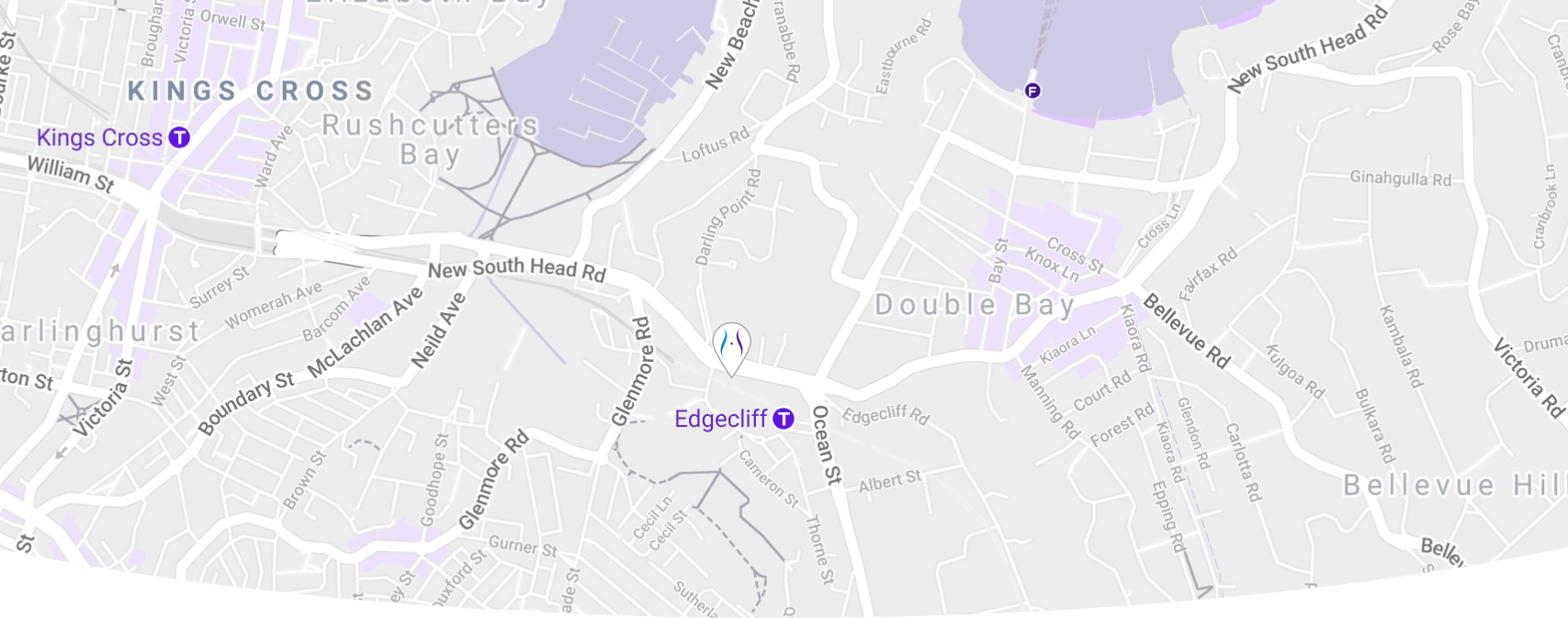Frequently Asked Questions
How do I know if I have a Hernia?
The most common symptoms of a hernia are a lump or bulge and discomfort or pain. The lump occurs when the hernia contents poke through the hernia hole. Often the lump or bulge will go away when you push it back inside the “hole” or when you move into a certain position (such as lying down), only to return later.
Discomfort or pain (sometimes a dragging or tearing feeling) can occur either as the only symptom or in conjunction with the bulge. Discomfort or pain can often be the first symptom, if the hernia develops after strenuous activity or heavy lifting. Rarely it can indicate a complication of your hernia. Pain related to a hernia that is new or different, that does not settle, or rapidly intensifies may indicate you need urgent surgical care. Please contact your Surgeon or go to an Emergency Department for further assessment.
Rarely you may have no symptoms at all, but a hernia may be diagnosed when you are having a scan for an unrelated problem. In this instance you should discuss this finding with your treating doctor to prioritise your medical care and seek a consultation with a Surgeon in a timely manner.
Why do people get Hernias?
Most hernias occur later in life (Acquired Hernias) and can occur is numerous different parts of your abdomen. The two most common sites for acquired hernias are the groin (inguinal hernia) and bellybutton (umbilical hernia). These hernias occur in these regions due to the innate weakness of the muscles and supporting tissues in these regions.
The other common hernia is an incisional hernia. As the name suggests, these hernias occur where you have had a previous operation and the incision has not healed effectively. There are numerous reasons why some people are more likely to develop this type of hernia. Some of these risks include needing an emergency operation, having infections inside your abdomen (peritonitis) or in your wound, older age, obesity, smoking and diabetes. All these factors have been shown individually and collectively to affect wound healing and can affect the success of your hernia surgery. Your surgeon will discuss with you your individual risk factors for having complications of your hernia surgery and how to improve them prior to your operation.
Does every Hernia need to be fixed by an operation?
Do you operate in public hospitals?
Which other hospitals do you operate in?
We admit patients at Macquarie University Hospital and St George Private Hospital for all types of hernia surgery. We also admit at St Luke’s Private Hospital for smaller hernias and day-only procedures.
For patients in the Nepean-Blue Mountains region we also admit patients to Nepean Hospital (Public Hospital) and Minchinbury Community Hospital (Private Hospital).
How much does an operation cost?
Patients having their operation at Nepean Hospital are covered under Medicare.
How long would I spend in hospital?
Patients undergoing straightforward inguinal (groin) and umbilical hernia repairs are commonly discharged the same day or day 1 post-operation. For patients undergoing more complicated hernia surgery and incisional hernia surgery you should expect to remain in hospital for 3-7 days, or until you are well enough to be discharged home. Sometimes patients undergoing very complex hernia surgery, or who have complex health needs, may need transfer to a Rehabilitation Hospital after their hernia surgery before returning home.
How much time do I need off work?
Most patients who have simple hernia operations require a few days to a week off work, as a minimum. If you are in a physically demanding job, and you can’t do restricted duties, you will require a longer period off work. This will be discussed with you as part of the pre-operative discussion for your operation/consent and again after your operation prior to being discharged home.
Patients undergoing complex hernia repair, emergency hernia surgery or incisional hernia surgery will require a longer recovery period and time off work.
Patients who have the availability to “work from home” may be able to return to work once they are comfortable enough to work at a desk and are able to concentrate enough to do regular work.
What if I don’t have private health fund cover?
If you do not have Private Health Insurance you have the option of having your operation done at your local public hospital or you can pay all your hospital, surgical and anaesthetic fees directly at a Private Hospital. If you choose to have your operation in a public hospital other than Nepean Hospital, Dr Anita Jacombs can help identify the appropriate surgeon for the operation you need.
If you choose to pay for your operation in a Private Hospital, Dr Anita Jacombs will organise a quote from the Private Hospital, Surgeon, Anaesthetist and Assisting Surgeon. All these fees will need to be paid on the day/prior to your operation. There may be a small Medicare rebate for the Surgeon, Anaesthetist and Assisting Surgeon fees, but not for any payments for Hospital charges.
Where is your consultation clinic?
The main consultation rooms are at:
Edgecliff
Suite 313, 203-233 New South Head Rd, Edgecliff.
This is directly above the Edgecliff Train Station and Bus Interchange.
For all consultations, pre-operative interventional procedures and comprehensive assessments of complex hernia problems.
Dr Anita Jacombs also consults, for standard consultations, at:
Kingswood
45 Orth St, Kingswood
(directly over the road from the entry to Nepean Hospital Emergency Department)
Please confirm which location you would prefer to attend when you make your initial appointment.

